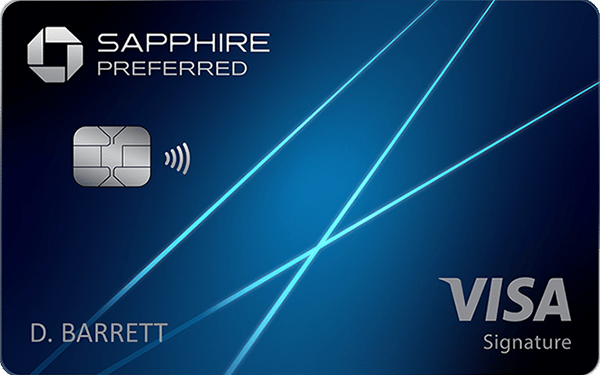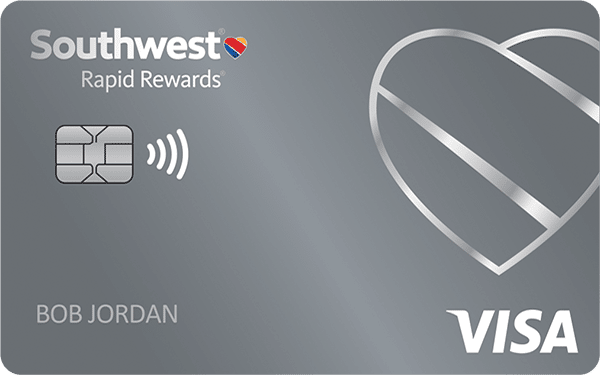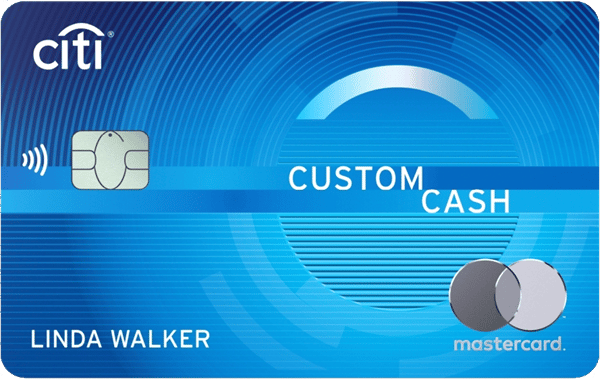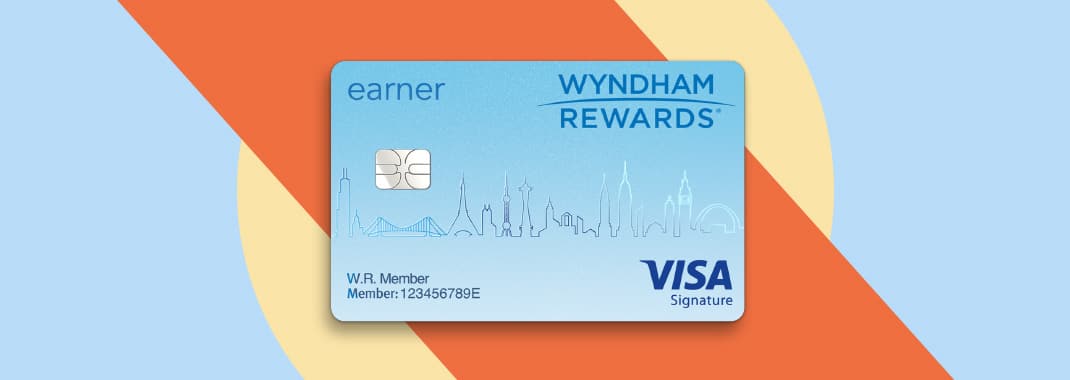Most products on this page are from partners who may compensate us. This may influence which products we write about and where and how they appear on the page. However, opinions expressed here are the author's alone, not those of any bank, credit card issuer, airline or hotel chain.
Credit cards aren't just another way to pay for your purchases—they also come with a lot of perks. More specifically, travel rewards are some of the most exciting benefits that credit cards may offer. If you choose the best rewards cards and you're strategic about how you use them, you might even earn free vacations. From better fraud protections to credit-building potential, here's how to travel for free by using credit cards to pay for your day-to-day expenses.
10 steps to help you earn free travel rewards:
- Earn travel with the best rewards credit cards
- Earn credit card sign-up bonuses
- Don't offset your earnings with interest payments
- Look for opportunities to pay with your card
- Add trusted authorized users to your card
- Join hotel and airline loyalty programs
- Choose cost-effective lodging and travel
- Compare point redemption values
- Transfer points between programs to maximize potential
- Organize and keep track of your rewards organized
Best Travel Credit Cards
Visit the Marketplace
1. Earn Travel With the Best Rewards Credit Cards
Before you can earn a free or cheap vacation courtesy of credit card rewards, you need to open the right accounts. A good travel rewards card can easily help you earn hundreds of dollars or more in free travel. One travel rewards expert took a dozen free trips in just one year by using credit card rewards.
Are you new to the world of travel rewards? The following credit cards might be a good place to start.
Recommended Travel Credit Cards
| Credit Card | Intro Bonus | Annual Fee | Rewards Rate | Learn More |
|---|---|---|---|---|
|
|
60,000Chase Ultimate Rewards Points
Earn 60,000 bonus points after you spend $4,000 on purchases in the first 3 months from account opening. That's $750 when you redeem through Chase Travel℠. Dollar Equivalent: $1,380 (60,000 Chase Ultimate Rewards Points * 0.023 base) |
$95 |
1x- 5xPoints
Enjoy benefits such as 5x on travel purchased through Chase Travel℠, 3x on dining, select streaming services and online groceries, 2x on all other travel purchases, 1x on all other purchases, $50 Annual Chase Travel Hotel Credit, plus more. |
Apply Now |
|
|
50,000Southwest Rapid Rewards Points
Earn 50,000 bonus points after spending $1,000 on purchases in the first 3 months from account opening. Dollar Equivalent: $700 (50,000 Southwest Rapid Rewards Points * 0.014 base) |
$69 |
1x - 2xPoints
Earn 2X points on Southwest® purchases. Earn 2X points on Rapid Rewards® hotel and car rental partners. Earn 2X points on local transit and commuting, including rideshare. Earn 2X points on internet, cable, and phone services; select streaming. Earn 1X points on all other purchases. |
Apply Now |
|
|
$200Cash Bonus
Earn $200 in cash back after you spend $1500 on purchases in the first 6 months of account opening. This bonus offer will be fulfilled as 20,000 ThankYou® points, which can be redeemed for $200 cash back. |
$0 |
1% - 5%Cashback
Earn 5% cash back on purchases in your top eligible spend category each billing cycle, up to the first $500 spent, 1% cash back thereafter. Also, earn unlimited 1% cash back on all other purchases. Special Travel Offer: Earn an additional 4% cash back on hotels, car rentals, and attractions booked on Citi Travel℠ portal through 6/30/2025. |
Apply Now Rates & Fees |
|
|
70,000Citi ThankYou® Points
Earn 70,000 bonus ThankYou® Points after spending $4,000 in the first 3 months of account opening, redeemable for $700 in gift cards or travel rewards at thankyou.com. Dollar Equivalent: $1,260 (70,000 Citi ThankYou® Points * 0.018 base) |
$95 |
1X-10XPoints
10x on Hotels, Car Rentals, and Attractions booked through CitiTravel.com 3x -- Earn 3 Points per $1 spent on Air Travel and Other Hotel Purchases 3x -- Earn 3 Points per $1 spent on Restaurants 3x -- Earn 3 Points per $1 spent on Supermarkets 3x -- Earn 3 Points per $1 spent on Gas and EV Charging Stations 1x -- Earn 1 Point per $1 spent on All Other Purchases |
Apply Now Rates & Fees |
2. Earn the Biggest Credit Card Bonuses
Opening the right credit card is the first step to learning how to travel for free with credit card rewards. But also pay attention to minimum spending requirements or you might not earn those valuable sign-up bonuses.
I'm a huge fan of sign-up bonuses. They're an easy way to earn a stockpile of travel reward points in a short period of time. For example, a good sign-up bonus could help you earn thousands of points or miles in just a few months.
Unfortunately, if you don't spend enough money before your sign-up bonus deadline, you could leave unclaimed points on the table. Here are a few tips to make sure you don't miss out on a valuable sign-up bonus offer:
- Time large purchases wisely. Do you need to replace a major appliance or book travel? If so, it might be a great time to meet all or part of a new card's spending requirement.
- Track your spending. Make a habit of checking your account at least once a week. Track how close you are to hitting the spending requirement on your new account.
- Prepay for services. You should never spend extra money to earn rewards. But if you're coming up short for a sign-up bonus, consider prepaying certain expenses you need to make anyway. For example, your insurance company might let you pay for several months of coverage in advance. You might even score a discount for paying early. But don't use this strategy unless you can afford to pay off the full charge by your statement due date.
Best Credit Card Bonuses
Visit the Marketplace
3. Don't Offset Your Earnings With Interest Charges
Pay your statement balance in full every month (and on time). That's the golden rule when it comes to smart credit card management—rewards cards or otherwise.
Revolving an unpaid credit card balance from month to month is a bad idea for two reasons. First, if your credit reports show large credit card balances (especially if your balance-to-limit ratio is high), your credit scores might decline. The second reason carrying credit card debt is a bad idea is because of the cost.
For many people, credit card debt is among the most expensive debt they'll ever carry. The Federal Reserve reports that the average interest rate on credit cards that assessed interest is just under 23% (August 2023).
If you charge more money on your credit cards than you can afford to pay off each month, high-interest rates will likely offset your rewards. That "free" vacation won't really be free if you waste hundreds or thousands of dollars in interest to earn the points.
4. Look for Opportunities to Pay With Your Card
It's never wise to spend extra money to chase credit card rewards. But you may already be spending money each month on expenses you could pay for with a credit card instead.
If you're paying any of these expenses, you might be able to switch to a credit card to earn rewards:
- Insurance premiums
- Cellphone service
- Utility bills
- Cable and internet
- Daycare or tuition
- Children's program fees (like sports, tutoring and classes)
- Rent or mortgage payments
Before you switch your method of payment, thought, make sure there are no additional fees to pay with a credit card. If an extra fee applies, you should only use your credit card if your rewards rate beats the extra cost
5. Add Authorized Users
Adding an authorized user to your credit card might help you to earn more travel rewards in a few ways. First, when your authorized users make purchases, any rewards they earn should be added to your main account.
Some card issuers may also reward you with bonus points when you add authorized users. This isn't common, but it can happen. For example, an issuer could send out targeted mailers to select cardholders offering the chance to earn a certain amount of bonus points per authorized user they add.
There are, however, two potential drawbacks of adding authorized users to your credit card. First, you may have to pay a fee to add an authorized user to your credit card. You're also liable for any charges authorized users make on your account. On the bright side, if you add someone as an authorized user to a well-managed credit card, it might help your loved one improve his or her credit rating as a result.
6. Join Hotel and Airline Loyalty Programs
The right rewards credit cards are the foundation of a successful travel rewards strategy. But you can multiply your earning potential with a little planning. Join airline, hotel and other loyalty programs to get more bang for your buck.
Now, there are dozens of airlines and even more hotel brands. You don't have to sign up for all of their loyalty and frequent flyer programs. Instead, join the loyalty programs of any airline you fly (or plan to fly) and any hotel chains where you may book reservations in the future. Typically, you'll need to set up a loyalty account if you want to transfer credit card rewards to a specific hotel or airline partner (see more on transferring points below).
If you book travel through a third-party website, like Expedia or Orbitz, make sure to include your airline and hotel loyalty program numbers there as well so you can earn points for your purchases. Finally, you may be able to score extra rewards through loyalty programs in unexpected ways.

How to Get a Free Stay in an All-Inclusive Hotel With Points and Miles
- Receive 250 Wyndam Hotel Reward Points for every DoorDash order you place.
- Get 1 Delta mile per dollar you spend with Lyft.
- Earn 3 Hilton Honors Points per dollar you spend with Lyft.
Advance planning could easily help you earn triple rewards when you book travel.
7. Choose Cost-Effective Lodging and Travel Methods
Just like it pays off to find the best credit card offer to match your credit rating and spending habits, it's essential to do your homework before you book a vacation with the rewards you earn.
If your heart isn't set on a specific destination or travel during a certain time of year, you may be able to find a steal. These tips may help:
- Look at travel costs during the off-season.
- Book using flexible dates to take advantage of lower award fares and hotel rates.
- Consider visiting three to five destinations, then research how many points and miles each would cost you.
- Think about flying out of a different airport and compare award fare costs.
- Compare multiple transfer options between your credit card's travel partners to find the best available deal.
Here are 7 amazing travel deals you can book with Chase Ultimate Reward Points for inspiration.

I’ve Never Paid a Luggage Fee for Checked Bags, Here’s How
8. Look for Point Redemption Value
You can calculate redemption value on your own or you can search for online award rate calculators to help you. If you want to run the figures yourself, use the following formula.
Redemption Value = (Cash Price ÷ Award Price) X 100
Slickdeals Contributor Eric Rosenberg found an amazing deal that serves as a great example here—a business class flight on United from JFK International Airport in New York to Frankfurt, Germany for 120,000 points. If you paid for the round-trip flight in cash, it would cost you around $4,000.
Here's a look at the redemption value for that flight: $4,000 ÷ 120,000 = 0.03 X 100 = 3.3. The redemption value on this flight is 3.3. In other words, your points are worth 3.3 cents each.
The average redemption value for airline miles among U.S. carriers is often under 1.5 cents. So, 3.3 cents is a superb value. You won't always be so lucky. If your calculations reveal a low redemption value, you might be better off changing your travel plans if you can or paying cash if you can't.
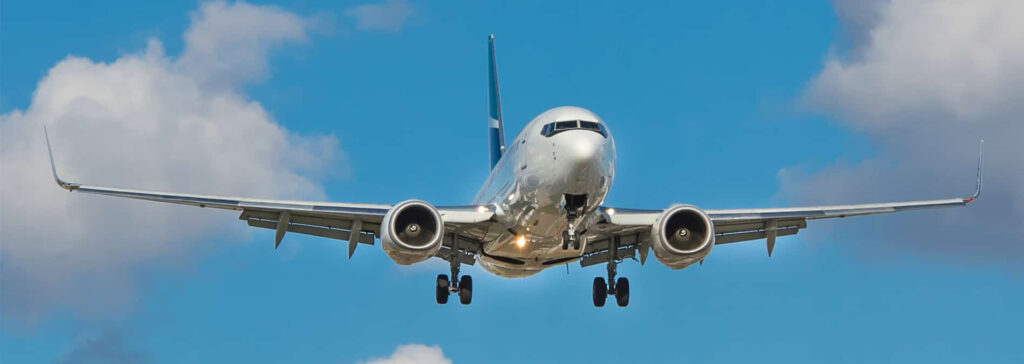 Related Article
Related Article
What Are Points and Miles Worth this Summer?
9. Transfer Points Between Programs
Transferring points to a travel partner will often help you get the maximum potential value out of your credit card rewards. Thankfully, the process of moving credit card rewards to a travel partner is generally easy to navigate. If your credit card offers this benefit, you should be able to log into your rewards portal to initiate the transfer.
For example, the process to transfer points from American Express Membership Rewards is user-friendly, and you can choose between around two dozen travel partners. Many points transfers are instant, yet some require a day or two to move the points from your card to a hotel or airline partner. Be sure to keep this in mind when you're ready to redeem your points.
One piece of advice—don't move your points to a travel partner until you're 100% sure of your plan to redeem them. Once you transfer points, you can't take that action back.
10. Stay Organized
Booking free travel with credit card rewards can be fun and addictive. However, it's not always easy—especially if you want to make sure you're getting the best deal possible. For this reason, it's important to stay organized.
Some people use technology to help them track the travel rewards they accumulate from credit cards and loyalty programs, along with expiration dates and other credit card benefits (like annual travel credits). Apps like Award Wallet receive high praise in this space, though there are other options to choose from as well. Other points and miles enthusiasts prefer to track their rewards on their own, via spreadsheets or notes. In the end, you should choose the option that works best for you and stick with it.
 Related Article
Related Article
6 Best Apps to Maximize Your Credit Card Rewards
Want to get more mileage out of the travel rewards you earn? Learn five travel rewards mistakes you should stop making.






